When investing in an industrial boiler system, warranty coverage is one of the most critical aspects to consider—yet it’s often overlooked. Without a comprehensive and clearly defined warranty, facility owners expose themselves to unexpected repair costs, production downtime, and reduced ROI in the event of structural failure or component malfunction. Understanding the standard warranty periods and their limitations is essential to protecting your equipment and investment.
Typically, the warranty period for industrial boiler pressure parts or structural components ranges from 5 to 10 years, while non-pressure parts and replaceable components such as burners, valves, control systems, and pumps are covered for 12 to 24 months. Some manufacturers offer extended warranties or customized agreements depending on application, environment, and service contract level.
Boiler buyers should carefully review what is and isn’t covered, including exclusions for improper installation, maintenance neglect, or corrosion. Read on to understand how warranty coverage works and what you should expect from a reliable boiler manufacturer.
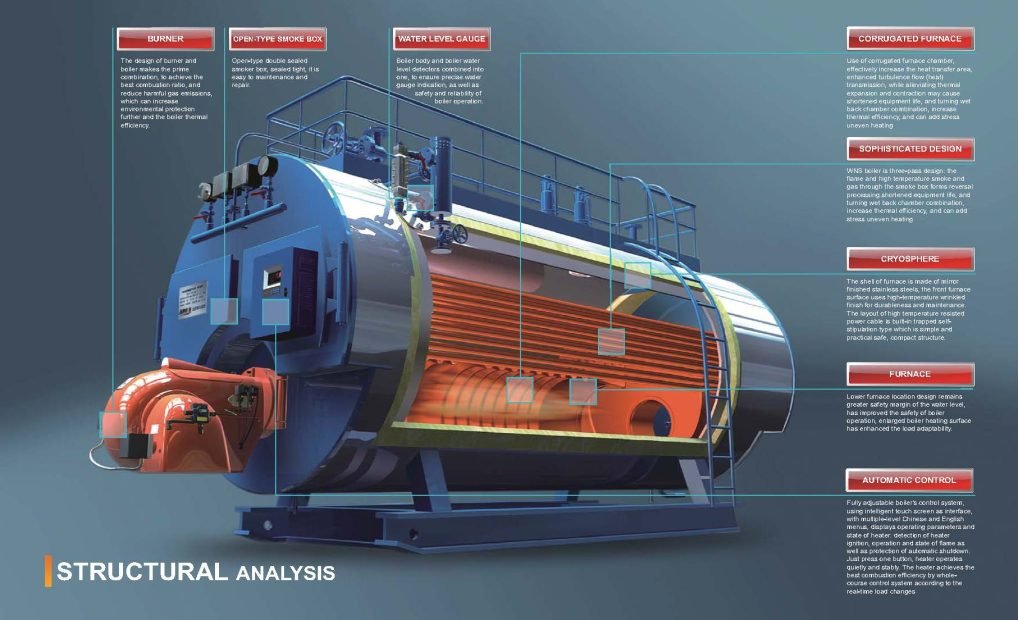
What Is the Standard Warranty Period for Industrial Boiler Pressure Vessels and Structural Components?
When you invest in an industrial boiler, one of the most important long-term protections you receive is the manufacturer’s warranty—especially for the pressure vessel and other key structural components. These are the core elements of your system, designed to handle extreme pressure, temperature, and long operational hours. But if they fail prematurely, repairs or replacements can be extremely costly. That’s why understanding the standard warranty coverage period is essential for both budget planning and operational risk management.
The standard warranty period for industrial boiler pressure vessels is typically 5 to 10 years. Structural components—such as the boiler shell, tube sheets, and support frame—usually fall under the same warranty period if integrated, though non-pressure parts may only carry 1–3 years of coverage. Some manufacturers offer extended warranties up to 15 years for pressure-bearing parts under specific conditions.
Warranty durations may vary based on the manufacturer, boiler type (firetube, watertube, electric), and installation or usage environment.
Industrial boiler pressure vessels are typically covered under warranty for 5 to 10 years.True
Most boiler OEMs offer long-term warranty protection for pressure vessels due to their importance and durability under proper operation and maintenance.
Typical Warranty Coverage by Component
| Component | Standard Warranty Period | Extended Warranty Option |
|---|---|---|
| Pressure Vessel | 5–10 years | Up to 15 years with conditions |
| Boiler Shell & Drum | 5–10 years | Often same as pressure vessel |
| Tube Sheets / End Plates | 5–10 years | Up to 15 years |
| Structural Frame / Skid Base | 1–3 years | Limited extended coverage |
| Access Doors / Manways | 1–2 years | May be included in parts plan |
Conditions to Keep the Warranty Valid
| Requirement | Reason |
|---|---|
| Annual inspections & logs | Verifies structural and pressure integrity over time |
| Water treatment program compliance | Prevents corrosion or scale inside pressure components |
| OEM installation certification | Ensures the vessel wasn’t compromised during setup |
| Proof of non-modification | Unauthorized welding or drilling voids coverage |
| Proper operating conditions | Overpressure or temperature excursions can disqualify claims |
Tip: Always request the pressure vessel warranty document separately—it may differ in duration from warranties on burners, controls, or accessories.
Final Word
Understanding the warranty period for your boiler’s pressure vessel and structural components is key to protecting your operation long-term. Maintain your system properly, follow manufacturer guidelines, and you can rely on this critical coverage for years.
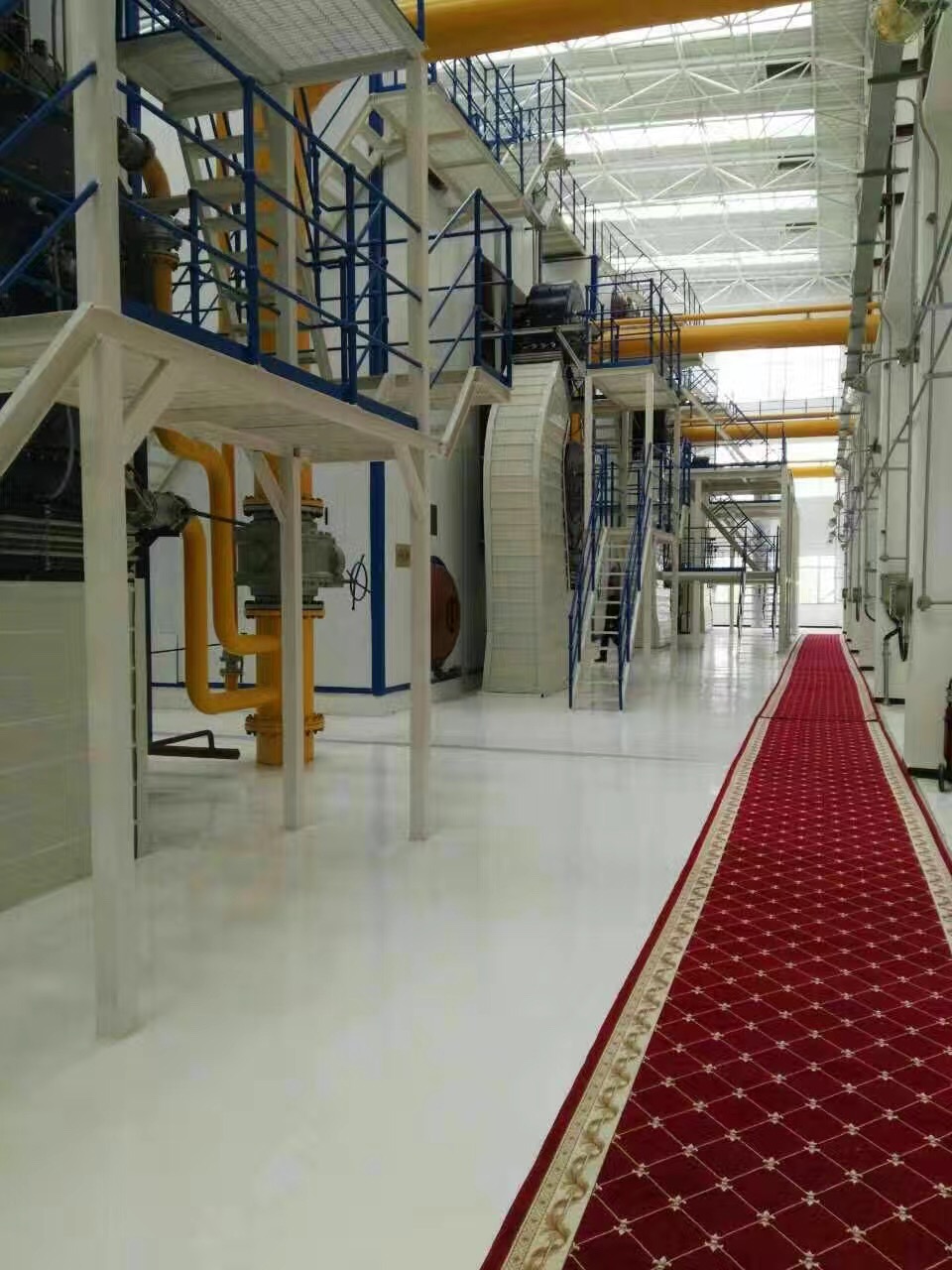
How Long Are Common Components Like Burners, Controllers, and Valves Covered Under Warranty?
When purchasing or maintaining an industrial boiler, it’s easy to focus on the pressure vessel’s long-term coverage. However, components like burners, controllers, and valves play a crucial daily role in your boiler’s performance and safety—and are more likely to fail due to constant use and environmental stress. These parts typically have shorter warranty periods, so it’s important to understand how long you’re protected and what options exist for extending coverage if needed.
Common boiler components such as burners, controllers, and valves are typically covered under warranty for 1 to 2 years. Some premium manufacturers offer up to 3 years, but most electrical and mechanical components are considered wear-prone and are therefore limited to short-term protection.
These shorter warranties reflect real-world usage patterns and the expected service life of frequently replaced parts.
Burners, controllers, and valves usually have shorter warranty periods than the pressure vessel.True
Because these parts experience more frequent wear, exposure, and electrical stress, they are typically only covered for 1 to 2 years.
Standard Warranty Periods for Key Boiler Components
| Component | Typical Warranty Period | Extended Warranty Options |
|---|---|---|
| Burners | 1–2 years | Up to 5 years with service plan |
| Controllers (PLC/BCS) | 1 year | Up to 3 years (select models) |
| Valves (gas, steam, water) | 1–2 years | Usually 2–3 years max |
| Sensors & Actuators | 6–12 months | Often not covered beyond 1 year |
| Fans & Motors | 1–2 years | May be extended with registration |
| Ignition & Flame Rods | 6–12 months | Considered consumables |
Factors That Influence Component Warranty Duration
| Factor | Impact |
|---|---|
| OEM vs. aftermarket | OEM parts typically come with better warranty terms |
| Environmental conditions | Harsh settings (humidity, heat, dust) may limit warranty coverage |
| Installation certification | Poor installation can void coverage early |
| Use frequency | Heavy-use components often have shorter standard terms |
| Contractual extensions | Some warranties can be lengthened with service agreements |
Tip for Facility Managers:
Always check your component warranty start date—it may begin at delivery, commissioning, or invoice date depending on the supplier. Track these dates to avoid missed claims.
Final Word
Components like burners, controllers, and valves keep your boiler running day to day—but they come with shorter warranties than structural parts. Knowing the coverage terms helps you plan replacements, reduce downtime, and avoid costly surprises.
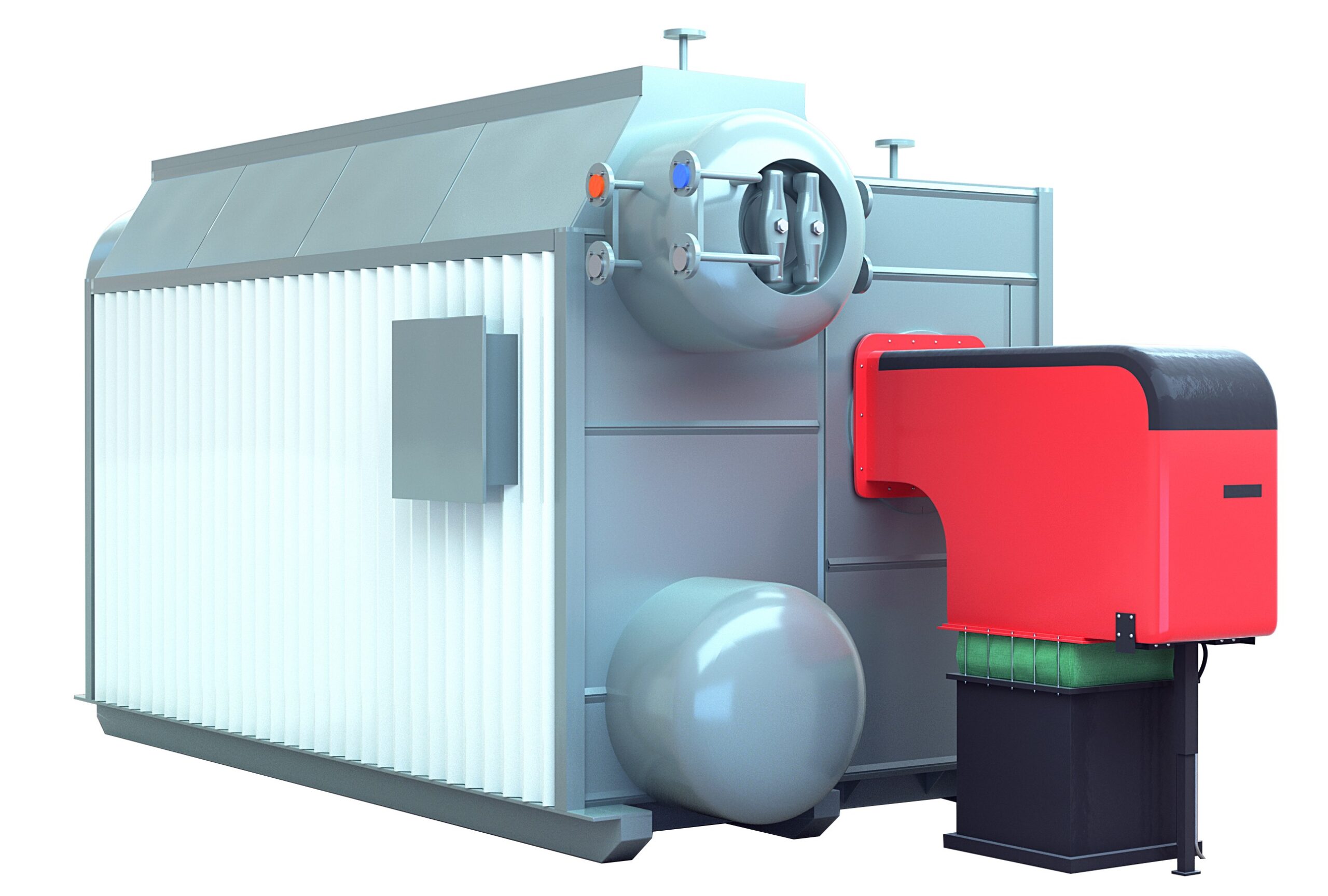
What Conditions, Exclusions, or Limitations Typically Apply to Industrial Boiler Warranties?
![Image Placeholder: Boiler warranty conditions and exclusions]
Prompt: Industrial boiler warranty document on clipboard + technician reviewing terms with warning icons + factory maintenance room + clear and serious mood + well-lit technical environment
An industrial boiler warranty is your financial safety net against premature failure, but not all issues are covered—and many claims get rejected due to overlooked terms. Whether you’re purchasing a new boiler or managing an existing one, it’s critical to understand the conditions, exclusions, and limitations that define what your warranty really protects. If you’re not careful, routine mistakes—like missed maintenance or unauthorized modifications—could void your coverage altogether.
Typical boiler warranties require proper installation, regular maintenance, trained operation, and use of OEM parts. Exclusions often include wear items, corrosion, misuse, modifications, and damage from poor water treatment or operator error. Without meeting these conditions, warranty claims may be denied.
Understanding these rules helps you stay compliant and avoid costly out-of-pocket repairs.
Industrial boiler warranties include exclusions for corrosion, wear, and operator error.True
Manufacturers list these as non-covered items because they are preventable with proper maintenance and operation.
Common Warranty Conditions That Must Be Met
| Condition | Why It Matters |
|---|---|
| Proper Installation | Must follow OEM guidelines to avoid damage or code violations |
| Certified Operator Usage | Ensures system is not misused or misconfigured |
| Scheduled Maintenance | Routine service proves responsible usage and extends equipment life |
| OEM Part Use | Use of third-party components can void part-specific warranties |
| Water Treatment Compliance | Prevents scale and corrosion—typically not covered under warranty |
| Startup Report Submission | Required to initiate some warranties or validate coverage |
Key Exclusions Common in Industrial Boiler Warranties
| Exclusion Type | What’s Not Covered |
|---|---|
| Consumable or Wear Parts | Gaskets, igniters, flame rods, filters, fuses, etc. |
| Corrosion or Scaling | Damage from poor water chemistry |
| Electrical Surges/Failures | Power-related issues, lightning, or unprotected circuits |
| Negligence or Abuse | Overfiring, running dry, operating without trained staff |
| Unauthorized Modifications | Altering boiler design, controls, or fuel system |
| Environmental Damage | Floods, earthquakes, or improper enclosure exposure |
Typical Warranty Limitations
| Limitation | How It Affects You |
|---|---|
| Coverage Duration | Parts like pressure vessels may be covered for 10 years, while controls may only have 1–2 years |
| Labor Not Always Included | Many warranties cover parts only—not technician time |
| Geographic Restrictions | Some warranties apply only in specific countries or regions |
| Delayed Reporting Penalties | Waiting too long to report a failure may lead to denial |
Tip: Create a Warranty Compliance Binder
Include:
Installation certificate
Water treatment logs
Maintenance records
Operator training certificates
Original warranty documents
This will make any future claims smooth, fast, and more likely to be approved.
Final Word
An industrial boiler warranty is only effective when you follow the rules. Know the conditions, avoid the exclusions, and maintain complete records to ensure you stay covered when it matters.
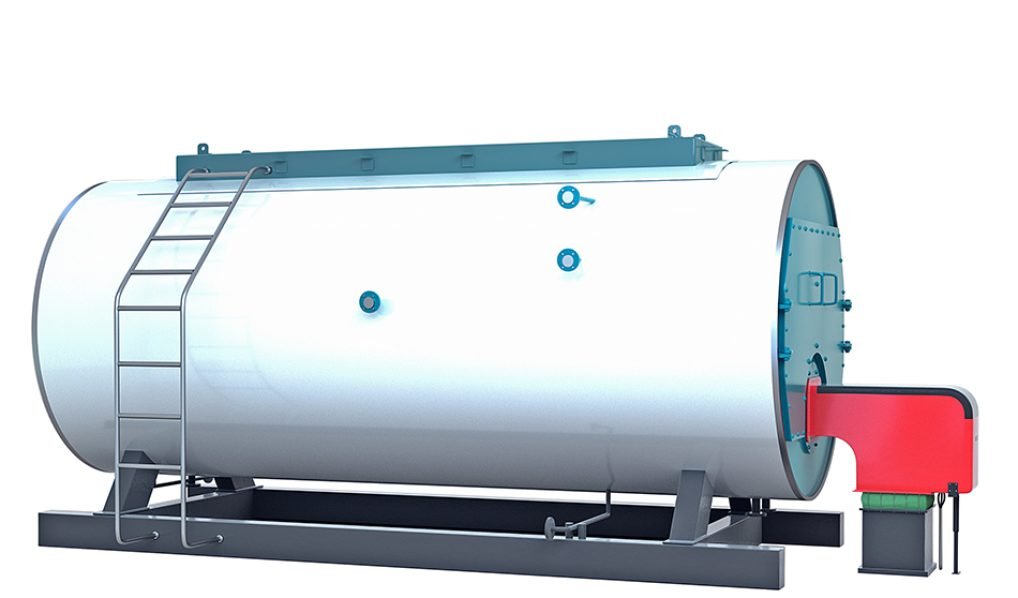
Can Extended or Customized Warranty Options Be Added for Demanding Industrial Applications?
Industrial applications with heavy daily usage, mission-critical processes, or strict operational regulations cannot afford unpredictable failures or surprise repair costs. In such demanding environments, standard boiler warranties—often 1 to 5 years—might not offer enough protection. The good news? Many leading boiler manufacturers and service providers now offer extended or customized warranty packages tailored for high-stakes operations.
Yes, extended and customized boiler warranties are available for demanding industrial applications. These options typically extend coverage for pressure vessels up to 10–15 years and include additional protection for high-use components like burners, control systems, and pumps. They may also offer priority service, 24/7 support, and guaranteed response times.
These tailored plans give high-demand users confidence, cost predictability, and operational continuity beyond the basic warranty.
Extended boiler warranties can be customized for mission-critical industrial environments.True
Manufacturers and service partners offer optional long-term warranties for customers with continuous operation, safety-critical applications, or strict compliance needs.
What’s Usually Included in Extended or Customized Warranty Plans?
| Coverage Area | Extended Warranty Duration | Optional Custom Add-Ons |
|---|---|---|
| Pressure Vessel | Up to 10–15 years | Annual inspection, water treatment audits |
| Burners | Up to 5 years | Priority replacement and calibration service |
| Control System (PLC, BCS) | Up to 3–5 years | Remote diagnostics and software support |
| Valves and Pumps | Up to 3 years | OEM-only replacement guarantee |
| Sensors & Electricals | Up to 2 years (typically limited) | Surge protection service and enhanced replacement |
| Service Level Agreement (SLA) | 24/7 response with guaranteed repair time | Technician on-site guarantee within X hours |
Ideal Applications for Extended or Customized Boiler Warranties
| Industry/Application | Why Extended Coverage Matters |
|---|---|
| Power generation | Unplanned shutdowns can cause grid failures or massive costs |
| Pharmaceutical manufacturing | Strict uptime, quality, and regulatory compliance required |
| Food & beverage processing | Steam loss disrupts safety and sterilization |
| Refineries & chemical plants | Heat loss can halt continuous processes or create hazards |
| Hospitals & critical infrastructure | Boiler downtime impacts life support and sterilization systems |
What Customizations Are Available?
Longer part coverage (e.g., extended to match expected operational life)
On-site service guarantees within 4–12 hours
Remote monitoring integration for proactive alerts
Annual or semi-annual inspections bundled in
Fixed-cost maintenance with warranty combination
Transferable coverage if asset is sold
Tip: Always negotiate warranty options at the time of purchase or installation—customized packages are most affordable and flexible during procurement.
Final Word
If your boiler system supports a high-value process, extended warranties aren’t just an upgrade—they’re a strategic shield. Customized coverage helps you control long-term costs, reduce downtime risk, and meet compliance with confidence.
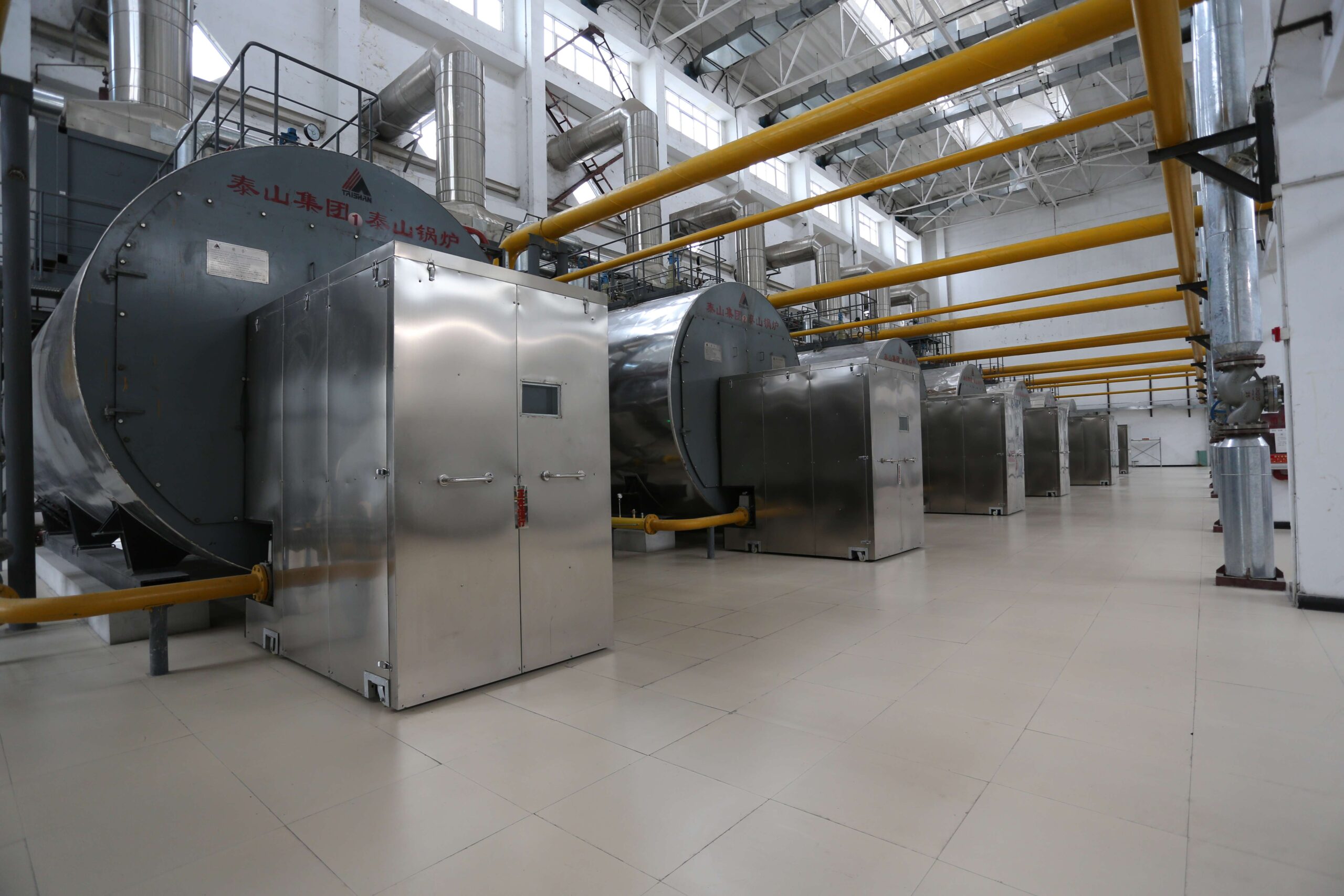
How Can Facilities Maintain Compliance With Warranty Terms Through Inspection and Service?
A boiler warranty can save your facility tens of thousands in repair costs—but only if it remains valid and enforceable. Unfortunately, many warranties are voided due to missed maintenance, poor documentation, or improper service. To avoid costly mistakes, facility managers must treat inspection and service routines not just as best practices, but as warranty compliance requirements. Consistent documentation, certified servicing, and proactive care ensure that, when problems arise, your warranty claim holds up.
Facilities can maintain warranty compliance by following the manufacturer’s inspection schedule, documenting all maintenance activities, using certified technicians, keeping proper water treatment logs, and retaining original part invoices. This ensures that all conditions of the warranty are met and verifiable.
When audits or claims happen, records and routine maintenance are your strongest defense.
Documented service and inspection are required to maintain industrial boiler warranty coverage.True
Most boiler warranties include clauses that require proof of regular inspection, OEM part usage, and technician qualifications to validate claims.
Key Steps to Ensure Warranty Compliance Through Inspection & Maintenance
| Action | Why It’s Important |
|---|---|
| Follow OEM Inspection Schedule | Skipping required monthly, quarterly, or annual checks can void coverage |
| Log Every Service Visit | Claims may be denied without clear proof of maintenance history |
| Use OEM or Approved Parts | Third-party components often void warranty for related systems |
| Hire Certified Technicians | Service by unqualified personnel may disqualify claims |
| Maintain Water Treatment Logs | Poor feedwater causes corrosion and scale—usually not covered |
| Report Issues Promptly | Delay in fault reporting may be interpreted as neglect |
| Keep Purchase & Serial Records | Proves eligibility and simplifies claim validation |
Sample Warranty Compliance Maintenance Log
| Date | Technician | Task | Parts Used | Notes |
|---|---|---|---|---|
| 2025-06-01 | A. Morgan | Quarterly valve inspection | OEM valve kit #VBX-102 | No leaks found, minor alignment adjusted |
| 2025-04-01 | S. Reyes | Burner cleaning & calibration | OEM igniter #IGN-008 | Flame signal improved by 15% |
Pro Tips for Compliance:
Digitize your logs: Use a maintenance management system (CMMS) to keep inspection records safe and searchable.
Photograph major service actions: This visual proof can support your claim.
Audit your own compliance quarterly to catch missing data or lapses in schedule.
Store all warranty documents and invoices in a centralized binder or cloud folder.
Final Word
Warranty compliance isn’t just about doing the work—it’s about proving you did the work. With disciplined inspection, service, and documentation practices, your facility stays fully protected and ready to claim coverage if needed.
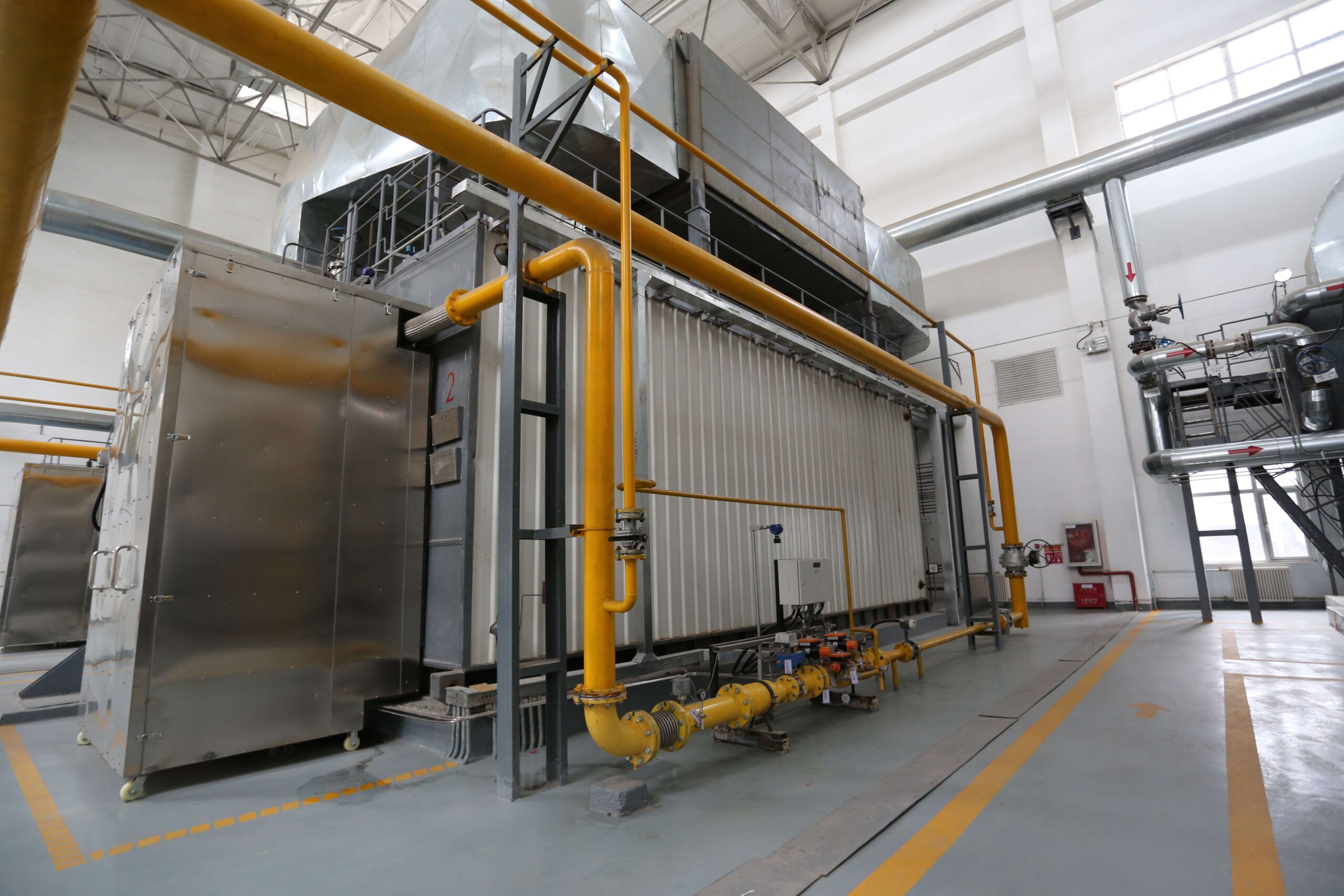
What Is the Process for Filing a Warranty Claim for Boiler Parts or Structural Failure?
When an industrial boiler component fails—whether it’s a burner, controller, or part of the pressure vessel—a valid warranty claim can save your operation substantial repair or replacement costs. But submitting a claim is not as simple as making a phone call. Without proper documentation, evidence, and clear communication, your request could be delayed or rejected. Understanding the correct warranty claim process ensures faster approvals and minimal downtime.
To file a warranty claim for a boiler part or structural failure, you should (1) stop using the affected system, (2) document the issue with photos and service notes, (3) gather required warranty records, (4) contact the supplier or OEM through their claim channel, (5) submit a complete claim form, and (6) cooperate with inspection or service verification.
Timeliness, thorough documentation, and OEM-approved service history are key to a successful claim.
Submitting a warranty claim for boiler parts requires documentation and OEM service records.True
Warranty claims must include evidence of proper use, installation, and maintenance, which is why complete logs and part tracking are essential.
Step-by-Step: How to Submit a Valid Warranty Claim
| Step | Action | Purpose |
|---|---|---|
| 1 | Isolate or shut down the failed component or system | Prevent further damage and maintain safety |
| 2 | Take photos/videos of the damaged or failed area | Provides visual evidence of the failure |
| 3 | Gather documents: warranty certificate, part number, serial number, service logs | Verifies eligibility and proper maintenance |
| 4 | Contact OEM or supplier through their official warranty claim channel | Opens the claim case with the manufacturer |
| 5 | Fill out the claim form completely with all attachments | Ensures nothing is missing that might delay approval |
| 6 | Support inspection or diagnosis by a technician if required | Verifies cause of failure and confirms claim validity |
| 7 | Await approval and next steps (repair, replacement, or reimbursement) | Typically resolved within 2–10 business days, depending on issue |
Required Documentation Checklist
| Document | Why It’s Needed |
|---|---|
| Warranty certificate and terms | Confirms coverage and dates |
| Boiler/part serial number and model info | Identifies the unit and links it to the original purchase |
| Maintenance and inspection logs | Proves warranty conditions were followed |
| Service or repair history | Confirms part failure wasn’t due to negligence |
| Photos/videos of damage | Supports physical evidence of claim |
| Part invoice or installation record | Shows OEM part was used and fitted properly |
Tip: Always submit your claim as soon as the issue is discovered. Many warranties require claims to be filed within 7–30 days of the failure.
Example Scenario: Burner Assembly Failure
Issue: Burner fails to ignite after recent service
Photos: Flame rod and ignition port show carbon buildup
Documentation: Burner model CB-RF250, OEM igniter replaced 3 months ago, log of weekly maintenance
Claim Filed: Form submitted with images, technician notes, and invoice of OEM part
Resolution: OEM approves replacement burner under 1-year parts warranty
Final Word
A successful boiler warranty claim depends on preparation. If your records are clean and your actions are prompt, the process is smooth—and your operation stays protected.
🔍 Conclusion
Industrial boiler warranties vary, but a reliable provider will offer long-term structural coverage (5–10 years) and standard component protection (1–2 years)—along with clear terms and support throughout the equipment’s lifecycle. Understanding these warranties helps buyers mitigate risk and plan for long-term performance.
📞 Contact Us
💡 Want full clarity on warranty terms for your industrial boiler project? We offer customizable warranties, detailed documentation, and responsive support to back your system with confidence.
🔹 Reach out today for tailored warranty options and long-term support. 🛡️🔥📋✅
FAQ
What is the standard warranty period for industrial boiler components?
Most industrial boiler manufacturers offer a 1–2 year warranty on key components, including:
Burners
Valves and controls
Pumps and motors
Sensors and gauges
Feedwater systems
Component warranties cover manufacturing defects and malfunctions under normal use. Some vendors may provide extended protection plans as an upgrade.
How long is the warranty on the boiler’s structural pressure vessel?
The pressure vessel or shell typically comes with a 5–10 year warranty, depending on the manufacturer and service contract. This warranty usually covers:
Material defects in the shell or tubes
Weld seam integrity
Structural failure under rated conditions
Extended warranties may require routine inspections and maintenance documentation to stay valid.
What is excluded from an industrial boiler warranty?
Typical exclusions include:
Improper installation or unauthorized modifications
Neglected maintenance or poor water treatment
Natural wear-and-tear items (seals, gaskets, filters)
Damage from overheating, scaling, or corrosion
Third-party accessories not installed by the OEM
Always read the warranty agreement carefully to understand coverage limitations.
Can the boiler warranty be extended?
Yes. Many OEMs and service providers offer extended warranties, which often include:
Additional 3–5 years on select parts
Priority field service access
Inclusion of remote monitoring and diagnostics
Requirements for annual maintenance compliance
Extended warranties are ideal for high-use applications or mission-critical plants.
How can I ensure my boiler warranty remains valid?
To maintain warranty coverage:
Use OEM-certified technicians for service
Follow the manufacturer’s maintenance schedule
Document all service and inspections
Ensure proper water treatment and system monitoring
Avoid overloading or operating outside rated conditions
Failure to meet these requirements can lead to warranty voidance.
References
Cleaver-Brooks Warranty Policy – https://www.cleaverbrooks.com
Hurst Boiler Warranty Terms – https://www.hurstboiler.com
Thermodyne Boiler Warranty Guide – https://www.thermodyneboilers.com
Powerhouse Equipment – Warranty Support – https://www.powerhouse.com
Spirax Sarco – Service & Warranty Packages – https://www.spiraxsarco.com
Nationwide Boiler Warranty Overview – https://www.nationwideboiler.com
Miura Boilers – Extended Protection Plans – https://www.miuraboiler.com
Boiler Maintenance Best Practices – BioEnergy Consult – https://www.bioenergyconsult.com
EPA Industrial Equipment Standards – https://www.epa.gov
ASHRAE Maintenance Compliance Standards – https://www.ashrae.org

